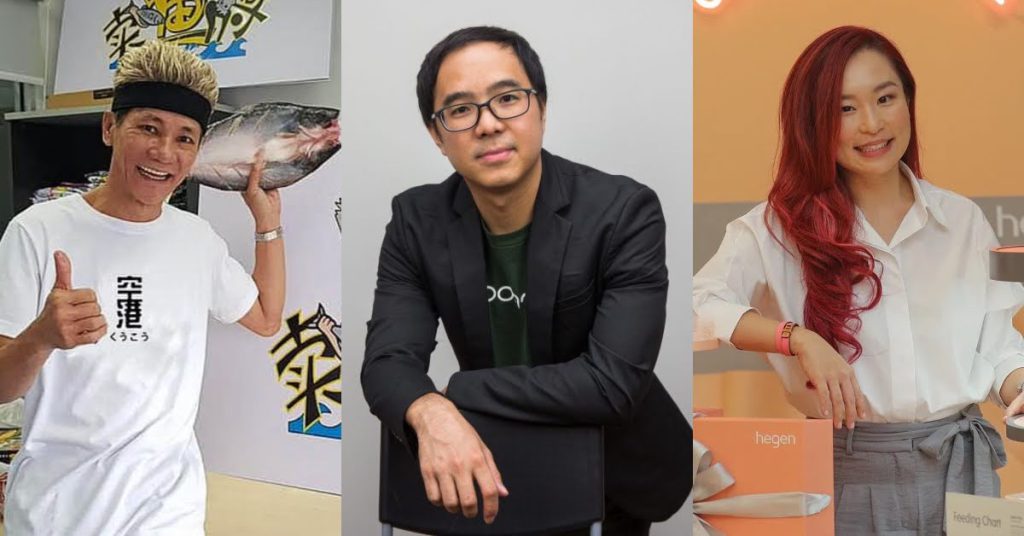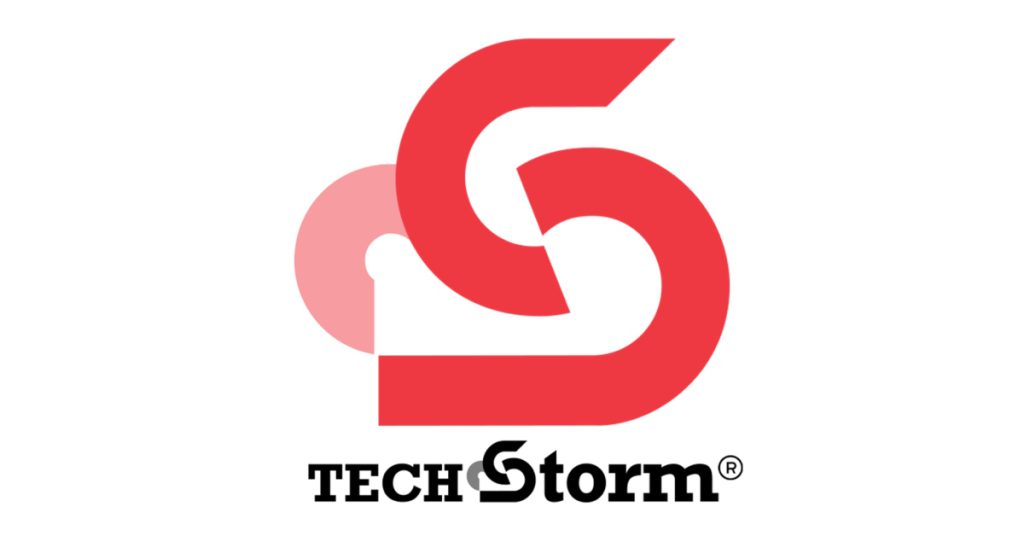When diving into starting their own business, entrepreneurs often find themselves caught up in a whirlwind of challenges, from product development to securing funding and assembling a stellar team. Amidst these challenges, there is an important component to consider: the protection of intellectual property (IP).
Many start-ups perceive securing IP rights as a costly undertaking, leading them to consider delaying the process. However, delaying this protection could compromise the core essence of their business — their unique selling point. It opens the doors to others who might steal and replicate their ideas, resulting in a loss of potential revenue.
IP is a subset of intangible assets (IA), which are owned by you or your business and not physical in nature. IA includes traditional IP rights such as patents, trade marks and registered designs, as well as non-registrable assets such as founders’ know-how, data, and key relationships.
In other words, IP is the lifeblood of your business. Securing your IP rights and safeguarding your IA would mean protecting the time, money and effort you put into your business.
Hegen lost six figures after a competitor copied their product design
When founder and CEO of Hegen, Yvon Bock, first embarked on her journey to establish her baby feeding essentials company several years ago, she grappled with whether registering intellectual property (IP) rights would be a worthwhile investment.
After all, the money and resources could instead be channelled into building other areas of the business, such as R&D and product development.
As the company’s initial baby milk bottle designs were developed for the prototyping stage, ready to be brought to life, crisis struck. Yvon was utterly devastated to discover that her design had been leaked.
A competitor had copied her milk bottle design and was about to start mass producing an identical product ahead of Hegen’s launch, dealing a significant blow to the company. Not only did this setback result in six figures of wasted investments, it also cast a profound shadow over the morale of the entire team.
As Hegen had not formally launched its product or spent money on branding or patenting, Yvon decided not to pursue this copycat. Instead, she chose to transform adversity into opportunity.
Our philosophy is that everything happens for a reason. No matter if it’s good or bad, we always try to take it positively and use it to reflect on how we can face such challenges and do better.
– Yvon Bock, founder and CEO of Hegen
Yvon sought to “really think outside the box” to revolutionise the conventional, round design of baby milk bottles. Her resolve led to the development of an award-winning, multi-functional square container design for its milk bottles.
This innovative product allows the container to be converted into a breast pump, feeding bottle, or milk storage container by simply interchanging different lids.
Since the launch of its first product in 2015, Hegen has been proactive in its commitment to safeguarding its IP rights.
By 2017, the company had invested S$2 million in its IP journey, including securing patents, registered designs, and trade marks. The investment was part of its global IP strategy that covered multiple international markets.
The company also paid special attention to its branding strategy, ensuring that the brand communicates its commitment towards serving mothers, while implementing a marketing strategy that involved a comprehensive range of marketing collateral and copywriting.
To uphold their IP rights, they work with watchdog groups and legal partners to vigilantly monitor for copycats and potential infringement to quickly address any issues.
In their budgetary planning, Hegen now puts aside at least 10 per cent of its total spending for IP protection and enforcement. Today, the company has successfully secured IP rights globally and is now available in 25 markets around the world.
Infringers copied igloohome’s entire website
Smart lock startup igloohome faced a similar setback in its early days, albeit in a different form – website identity theft.
Founded in 2015, the company specialises in smart access solutions, empowering users to conveniently unlock entrances without needing a traditional, physical key. igloohome’s innovative solutions gained traction quickly, and the company took just two years to become one of the preferred partners of Airbnb.
Although the increased exposure allowed igloohome to expand its market reach, it also put the company at risk of imitation. Before long, igloohome came across a company based in the United States that had replicated its website entirely.
“The infringers copied the website wholesale,” said Kelvin Ho, co-founder and Chief Technical Officer of igloohome. “They copied our source code, the colour scheme, the text, and even our product images that contained our trade mark.”
Determined to take down the copycat website, the company had to rely on copyright (the CSS code, photos and text on their website) to prove to the infringer’s website host, GoDaddy, that the igloohome website came into existence first.
Then, with evidence on hand, they sent cease and desist letters to the infringers to ask them to remove the copied website.
IP is important to us [because] we do not want others to take credit for the hard work that we actually put in. Secondly, there’s a risk of the customers buying inferior products, and this may tarnish the brand and reputation [of igloohome] that we spent time and effort to build over the years.
– Kelvin Ho, co-founder and CTO of igloohome, in an interview with IPOS in 2019
In igloohome’s case, the company was fortunately able to take swift action against the copycat, thanks to one of their vigilant distributors who alerted them.
“Today, we are aware that there are monitoring services for trade marks which may now help [in the early detection of infringement],” Kelvin added.
Wang Lei couldn’t launch his merch line in China due to trade mark squatters
Not every business experiences the same fortune as igloohome when confronted with IP infringement, such as local getai singer-turned-online seafood vendor Wang Lei’s coffee and merchandise brand, ‘Fish Selling Bro’.
The 63-year-old rose to fame from selling frozen seafood through Facebook Live, amassing a slew of lucrative deals and a legion of fans including well-known celebrities.
Wang Lei is affectionately known as ‘mai yu ge’, or ‘fish selling bro’ by the netizens who tune in to his frequent streams. Wanting to cash in on his fame by launching a merch line called ‘Fish Selling Bro’, he filed trade mark applications for his logo in 2020 across various regions, including Singapore, Malaysia, Taiwan and China.
Unfortunately, his plans were thwarted when he discovered that another entrepreneur had beat him to the trade mark in China by a month.
I was dumbfounded. Everyone knows that the logo was designed by a Malaysian netizen for me, and I have been using it ever since I started selling seafood online.
– Wang Lei wrote in a Facebook post
Although Wang hired a Chinese lawyer and appealed against his failed trade mark registration, he was unsuccessful and forced to recall the goods he had shipped to China, or risk them being confiscated as counterfeits.
“The lawyer told me that the logo had been trade marked in China by a businessman surnamed Feng from Fujian province earlier in June. Now, I have become a pirated copy – the fruits of my arduous labour had been robbed by someone else in plain daylight,” he lamented.
Incidents like this are commonly referred to as trade mark squatting, where individuals file for trade marks that do not rightfully belong to them. Their intention is to either sell the trade marks back to the original brand owners at a high price, produce counterfeits, or impersonate brands to damage their reputation.
Undeterred, Wang Lei pursued further legal action against the imitator, and after a lengthy six month lawsuit, he emerged victorious to reclaim legal ownership of his logo. Wang Lei can finally introduce his trade marked products into the Chinese market legally.
It’s vital to develop an IP strategy early on to protect and manage your assets
Without adequate IP protection, a business will expose itself to potential infringement risks, and jeopardise its ability to maintain a competitive edge in the market.
Although these businesses have showcased resilience in bouncing back from their IP setbacks, others might not be as fortunate.
Hence, it’s vital to develop an IP strategy to protect and manage your valuable assets early on and ensure timely filing. It’s also equally crucial to understand how to enforce and uphold your IP rights.
But it’s easier said than done. Navigating the intricacies of IP specific to your business and industry can be challenging, and sometimes, the best way to find what you’re looking for is to ask the right questions.
If you’re running a business and thinking of starting or furthering your IP journey, you can leverage GoBusiness IP Grow’s newest offering – a Q&A feature designed to provide expert guidance on IP.
Simply pose any IP-related question via this form and receive tailored advice from the listed professionals on GoBusiness IP Grow. Best of all, this service comes at no cost, ensuring businesses can access the expertise they need with no strings attached or obligations.
Don’t let your business be vulnerable to IP challenges. Maintain your competitive edge and find the guidance you need here.
This article was written in collaboration with IPOS.
Featured Image Credit: Wang Lei/ igloohome/ Hegen










